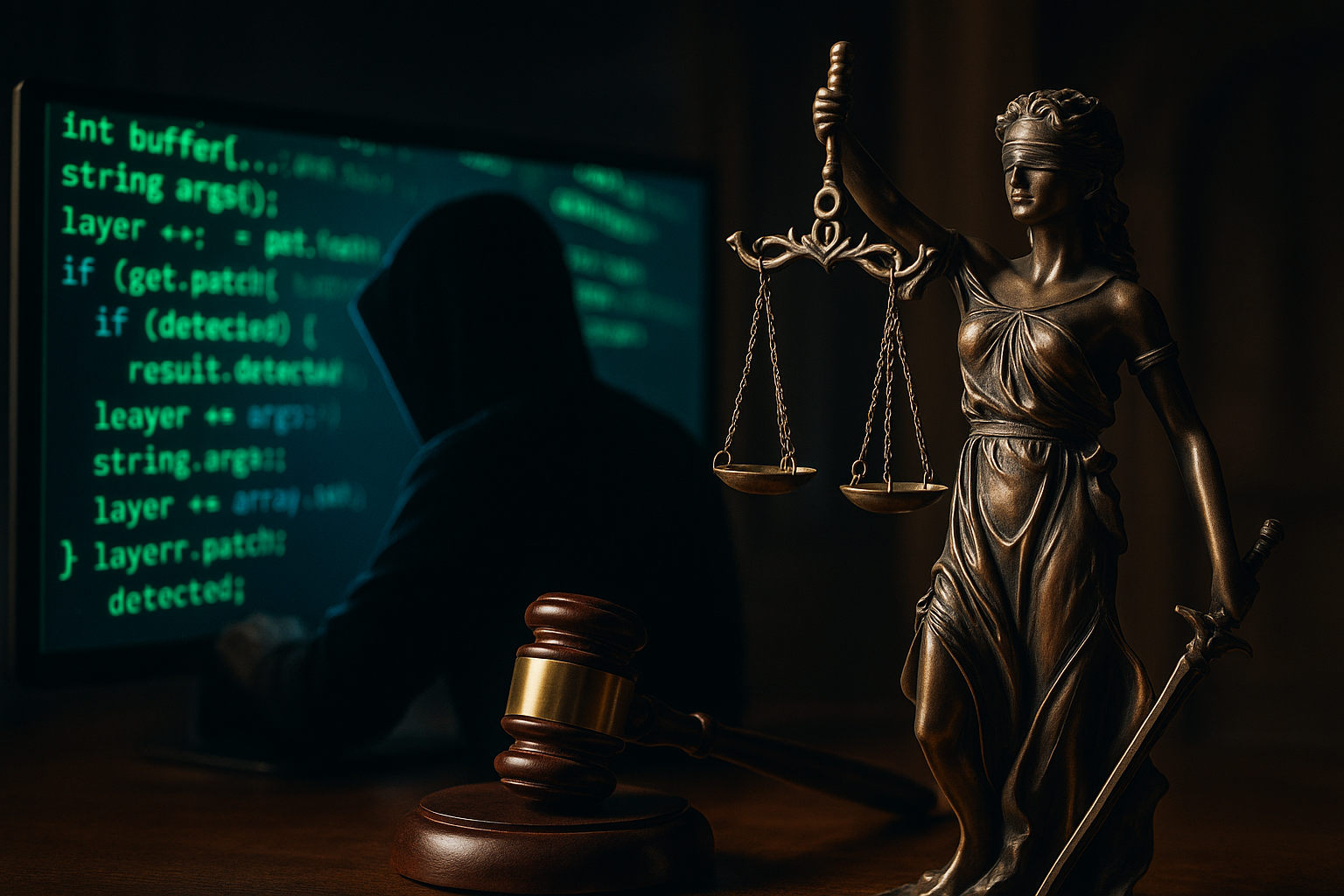A Deeper Look into the Legal Implications of Cyber Warfare
Intro: In an era where technology infiltrates every aspect of life, a new form of conflict has emerged: cyber warfare. Sophisticated cyber-attacks on governments, businesses, and individuals are becoming increasingly common. This article explores the legal implications of cyber warfare, providing a comprehensive understanding of the topic's historical context, recent developments, and potential future impact.

Historical Context and Legal Developments
Cyber warfare is not a new phenomenon; it has been a component of international conflict for several decades. However, as technology advances, so does the complexity and potential damage of these attacks. Historically, international law has struggled to keep pace with this rapidly evolving field. Traditional legal frameworks, such as the Laws of Armed Conflict (LOAC) and International Human Rights Law (IHRL), were not designed to address the unique challenges posed by cyber warfare.
Current Legal Updates and Legislative Changes
In recent years, governments worldwide have recognized the need for legal regulations to address cyber warfare. For example, the Tallinn Manual, an academic study by NATO’s Cooperative Cyber Defence Centre of Excellence, outlines how international law applies to cyber warfare. Despite these efforts, many legal ambiguities remain, primarily due to the unique nature of cyber warfare.
Implications and Impact on Society
The law’s struggle to address cyber warfare has profound implications for society. Cyber-attacks can disrupt critical infrastructure, compromise national security, and violate individual privacy. Furthermore, the anonymity provided by the internet makes it challenging to identify attackers and hold them accountable. This lack of legal clarity threatens to undermine global security, as nations may be tempted to exploit these legal grey areas.
The Need for Research and Legal Facts
The complexity of cyber warfare necessitates robust, well-researched legal frameworks. Every claim and legal fact about cyber warfare must be thoroughly researched and scrutinized, given the gravity of the potential consequences. However, this research can be challenging due to the clandestine nature of cyber warfare and the rapid pace of technological advancement.
Balancing Depth and Accessibility
While the legal aspects of cyber warfare are inherently complex, it is crucial for this knowledge to be accessible to the public. A well-informed citizenry is essential for democratic governance, particularly in an era where cyber threats are a significant concern. Therefore, legal analyses of cyber warfare must strike a balance between depth and accessibility, ensuring the public can understand and engage with these important issues.
In conclusion, the legal implications of cyber warfare are vast and complex. As technology continues to advance, it is likely that these issues will become even more pressing. Therefore, it is vital for legal scholars, policymakers, and the public to engage in ongoing dialogue about how to navigate this challenging and evolving field.




